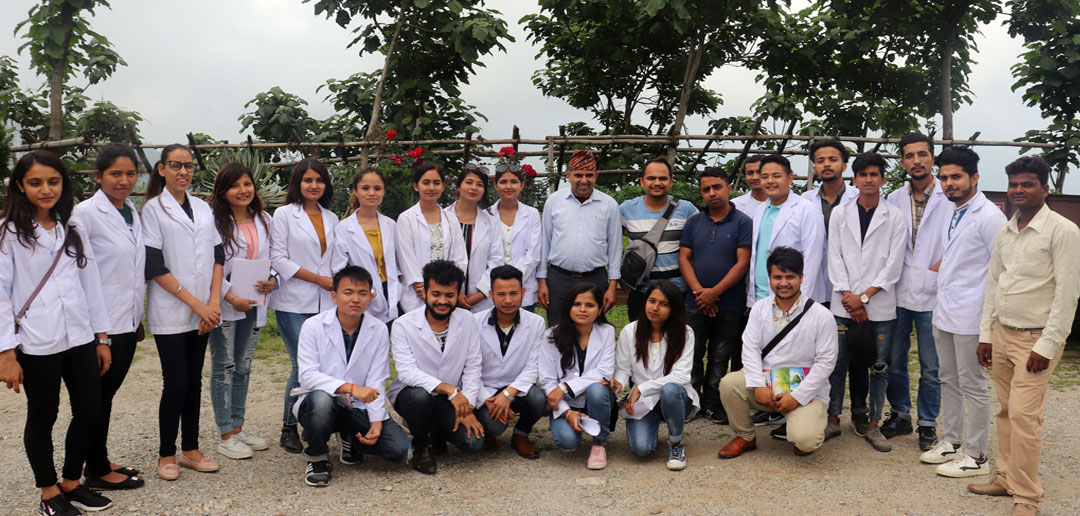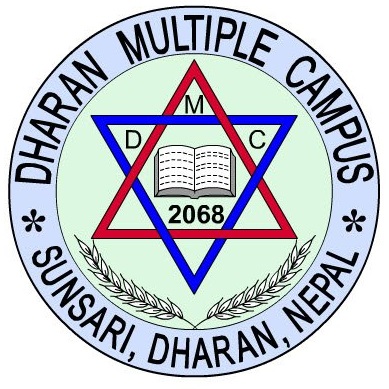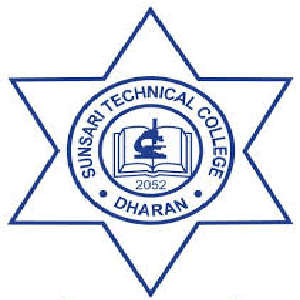Overview
Nilgiri College, Itahari, was Founded in 2069 B.S. (2013 AD) by a group of passionate food technology professionals. The college was founded on the belief that a focused approach in this field could provide students with the practical and theoretical skills necessary to succeed in today's evolving food industry. Affiliated with Tribhuvan University, Nilgiri College offers a four‐year Bachelor of Technology (B.Tech) program in Food Technology in Itahari—5, Paschim Line, Koshi Pradesh, Nepal.
A Humble Beginning
Nilgiri College was established with a clear and simple mission: to create an environment where students can learn everything about food technology. The founders were a group of young professionals who believed that focusing solely on food technology would allow them to offer a specialized and practical education. They wanted to prepare students to understand food science and apply their knowledge in real-world settings, from food manufacturing to quality control and preservation. Over the years, the college has remained true to that mission, steadily growing while focusing on delivering quality education without unnecessary embellishment.
Academic Focus and Real-World Learning
At the heart of Nilgiri College is its B.Tech program in Food Technology. The program is designed to be as hands-on as it is theoretical. Students learn about food chemistry, microbiology basics, and the engineering principles essential for modern food processing.
Courses cover everything from food safety to the preservation and packaging techniques that ensure quality and longevity in food products. What sets this program apart is its close connection to real-world applications. Lab sessions and practical training are integrated into the curriculum so that students can work directly with modern equipment and observe the latest techniques in food processing.
This focuses on practical learning, which means that students are prepared to understand the science behind food technology and confidently enter the industry. Whether developing new food products, improving quality control processes, or innovating packaging techniques, graduates of Nilgiri College are well-equipped to tackle the challenges of the modern food sector.
Learning Environment and college Life

The college prides itself on providing a supportive and rigorous learning environment. The modern and well-equipped classrooms and laboratories are designed to mimic real-life food processing environments.
This setup allows students to directly apply what they learn in the classroom to practical tasks. Faculty members experienced in academic circles, and the food industry plays a significant role in mentoring students. They are approachable and always ready to help, ensuring every student gets the attention needed to succeed.
The campus itself is modest but thoughtfully arranged. Facilities have been designed to support a focused learning experience. From dedicated labs to well-organized lecture halls, every aspect of the campus contributes to a smooth and effective educational process. The college's location in Itahari is another advantage. It balances a peaceful learning environment and proximity to local food industries, where students can find internships and job opportunities later.
Faculty and Their Role
One of the good features of Nilgiri College is its faculty. The teaching staff comprises experienced educators and professionals who have spent years working in the food technology field. Their expertise goes beyond textbooks; they bring real-world challenges and experiences into the classroom, enriching students' learning experience. Faculty members are actively involved in guiding research projects and practical training sessions. This mentorship helps bridge the gap between theory and practice, ensuring students are well-prepared to meet industry standards once they graduate.
The faculty's approachable nature creates a comfortable learning environment for students. Questions are welcomed, and practical insights are shared freely. This friendly yet professional approach helps encourage a sense of community on campus, where everyone—from students to teachers—works together towards common academic goals.
The Curriculum
Nilgiri College's curriculum is carefully crafted to cover both theoretical foundations and practical applications. Throughout the four-year program, students engage in various courses that cover essential topics in food technology. They study food chemistry, learning about the components that make up food and how these can be altered or preserved. Microbiology courses introduce students to the role of microbes in food safety and preservation. Engineering classes focus on the technologies used in food processing. At the same time, courses on quality control ensure that students understand how to maintain high standards in food production.
Practical sessions are interwoven with classroom lectures. Students spend significant time in labs learning to use modern food processing equipment and techniques. These hands-on experiences are invaluable, as they help students see how their courses' theoretical aspects are applied in real-life scenarios.
Campus Activities and Student Engagement
Learning at Nilgiri College goes beyond the classroom. The institution strongly focuses on extracurricular activities (ECA) and practical training. Students are encouraged to participate in various activities that complement their academic learning. These include workshops, seminars, and training sessions that introduce them to the latest trends and innovations in food technology. Partnerships with local food industries further enhance these opportunities, providing students with practical experience while still in school.
Looking Ahead
Nilgiri College remains focused on providing a practical, focused education in food technology. The founders' vision of offering a specialized curriculum that is both affordable and of high quality continues to guide the institution. As the food industry evolves, the college is committed to updating its curriculum to reflect new trends, technologies, and regulatory standards. This forward-thinking approach ensures that graduates remain competitive in an ever-changing field.
The college's commitment to ongoing improvement is evident in every aspect, from its well-organized campus and modern facilities to the dedication of its faculty and the robust curriculum. Nilgiri College is a good place to study food technology, and its community supports growth, practical learning, and professional development.
Conclusion
Nilgiri College stands out as an institution that has maintained its focus on food technology education without resorting to overhyped marketing. Its learning environment is practical and accessible. With its strong academic curriculum, dedicated faculty, and commitment to real-world training, the college is preparing its students to meet the demands of the food industry head-on. Its well-organized structure, both online and on campus, facilitates a learning environment where practical skills and theoretical knowledge go hand in hand.














